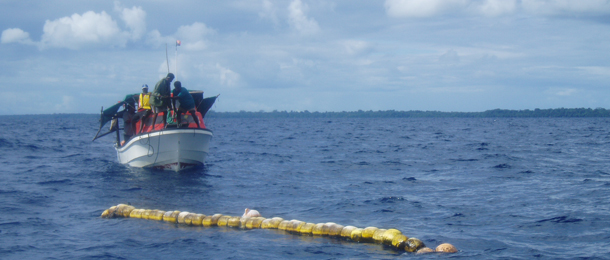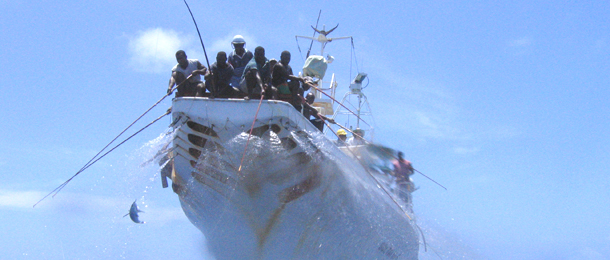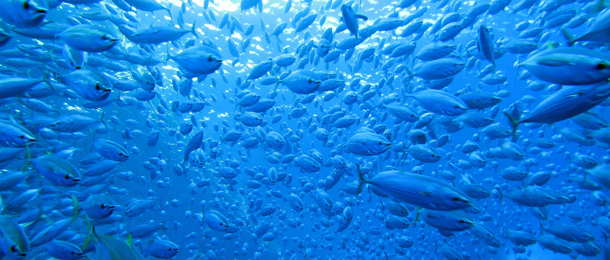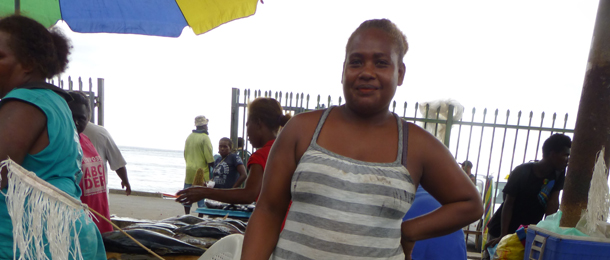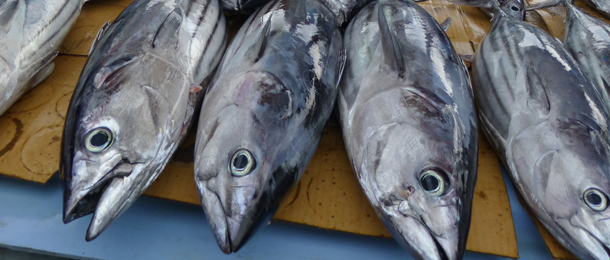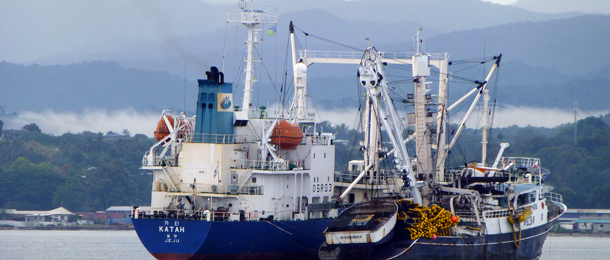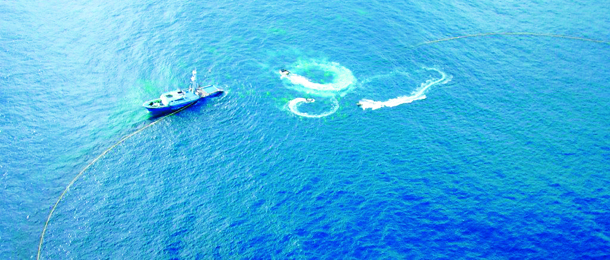 AsiaPacific-FishWatch's Sustainability pages for 6 Western and Central Pacific and Indian Ocean tuna species – covering 12 stocks – have been updated. By current assessments, the outlooks, tempered by management measures being taken, show:
AsiaPacific-FishWatch's Sustainability pages for 6 Western and Central Pacific and Indian Ocean tuna species – covering 12 stocks – have been updated. By current assessments, the outlooks, tempered by management measures being taken, show:
- Skipjack tuna: outlook remains unchanged since previous reviews. Compared to our update last year which showed 5 skipjack fisheries certified by the Marine Stewardship Council, now 8 fisheries have become certified, including some of the previously certified fisheries achieving re-certification. LINK
- Yellowfin tuna: The status of both stocks is unchanged with Indian Ocean stocks overfished and overfishing occurring. Although the Western and Central Pacific stock is not overfished, concern is expressed over fishing pressure and bycatch by some fishing gears. The number of certified yellowfin tuna fisheries has risen from 5 last year to 11 presently. LINK
- Bigeye tuna: Although not yet considered overfished, the latest assessment for the Western and Central Pacific Ocean stock continue to express concern that the stock is in a more depleted state than other stocks in this region, and bycatch is a problem with some gear. No bigeye fishery has been certified, but one combination yellowfin and bigeye tuna longline fishery was certified in late 2018. LINK
- Albacore tuna: None of the three stocks (Northern Pacific Ocean, Southern Pacific Ocean and Indian Ocean) are considered overfished but concern is expressed at the fishing pressure on the Northern Pacific Ocean and the Indian Ocean stocks. One additional fishery on the Southern Pacific Albacore stock was certified in 2018, bringing the total certified certified fisheries to 9 for all three fish stocks. LINK
- Longtail tuna: Stock assessments and catch data remain incomplete. Recent Indian Ocean assessments consider the stocks overfished and that overfishing is occurring. This species is within the management mandate of the IOTC but not the WCPFC. LINK
- Pacific bluefin tuna: This stock is considered overfished and overfishing is occurring. The rebuilding plan will be kept under more constant review from 2019. A slow recovery is underway but the stock is still near an historically low level. LINK
These updates owe a big debt to the stock assessment experts and reviewers associated with regional fisheries management and technical organisations (SPC, WCPFC, IOTC, ISC, IATTC and the national body members of committees) and to the International Seafood Sustainability Foundation for its regularly updated overviews of stock status (see the latest Stock Status Report at: https://iss-foundation.org/about-tuna/status-of-the-stocks/).
Victoria Jolland is thanked for pulling together all the information for the 6 species Sustainability and Quick Facts updates.
Photo: Man weighing yellowfin tuna while woman does the recording, General Santos City tuna port. Source: Alita Roxas, Mindanao State University- Iligan Institute of Technology, Philippines and USAID-Oceans project.





